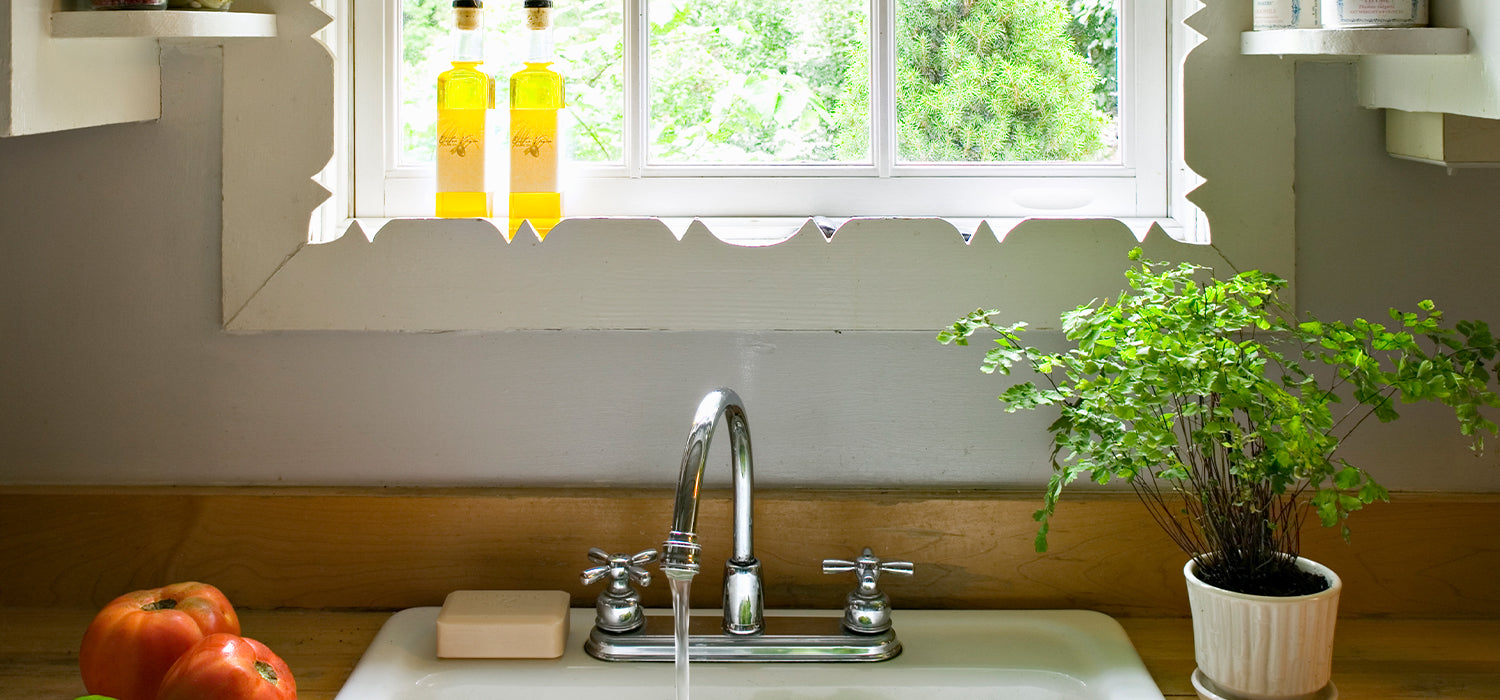The Importance of Maintaining Your Kitchen Drain
Keeping your kitchen drain well-maintained is crucial for ensuring a clean, efficient, and healthy kitchen environment. Regular upkeep prevents the buildup of food particles, grease, and other debris, which can lead to unpleasant odors, slow drainage, and even pipe corrosion.
Moreover, neglected drains can become breeding grounds for bacteria and pests, posing significant health risks. To prevent such issues and ensure your plumbing system's longevity, understanding the easy cleaning solutions for your kitchen sink drain is invaluable.
Thorough Weekly Cleaning: A Must-Do
A weekly deep clean is essential for maintaining an optimal kitchen environment. Start with boiling water to loosen residue, then apply baking soda and scrub with a soft brush.
For an added shine on stainless steel sinks, use vinegar; for porcelain, a gentle detergent suffices. Flush with more boiling water to finish. This routine not only maintains the sink's appearance but also prevents clog buildup.
Steer Clear of Swelling Culprits
Certain foods swell or stick inside pipes, causing blockages. To prevent this, avoid flushing down pasta, rice, potato peels, and stringy vegetables. A Strainer Kitchen Sink Waste is effective in catching these items, ensuring they don't enter your plumbing system, thereby maintaining a clear drain and preventing the need for frequent unclogging.

Consider Food Waste Bins
Using food waste bins for solids that can clog pipes, from meal prep leftovers to expired products, is a proactive maintenance step. By separating food waste, you alleviate your drainage system's strain and contribute to a sustainable kitchen by minimizing landfill waste.
Professionally Approved Drainage Solutions
Selecting the right drain un blocker is critical when dealing with clogs. Opt for kitchen-specific products and avoid harsh chemicals. Enzymatic cleaners are a safe and effective choice, using natural bacteria to dissolve organic matter. Proper product use is key to achieving the best results and safeguarding your plumbing.

Efficient Grease Disposal
Grease disposal is pivotal in kitchen maintenance. Avoid pouring fats down the sink; instead, let them solidify and dispose of them in the trash or through community recycling programs. This practice is simple yet vital for maintaining free-flowing drains.
Seek Expert Assistance When Needed
For complex or persistent drainage issues, professional help is advisable. DIY solutions are often insufficient for serious blockages, and expert intervention can prevent further damage.
If faced with a significant clog, consulting a qualified plumber is the best course of action. Their expertise ensures efficient and effective resolution, saving you from potential hassle.
Incorporating these maintenance tips into your routine can significantly enhance your kitchen's hygiene and functionality. Regular care not only keeps your sink in top condition but also promotes a healthier home environment.
For additional guidance on clearing clogs, explore how to unblock a bathroom sink, which offers quick and easy steps that are similarly applicable to kitchen sinks. By staying informed and proactive, you can enjoy a trouble-free and efficient kitchen drainage system.
Explore our other related blog posts :





























